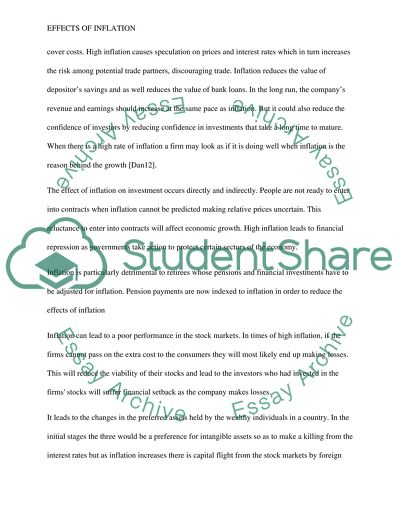Cite this document
(“Effects of inflation Term Paper Example | Topics and Well Written Essays - 1750 words”, n.d.)
Retrieved from https://studentshare.org/macro-microeconomics/1473595-effects-of-inflation
Retrieved from https://studentshare.org/macro-microeconomics/1473595-effects-of-inflation
(Effects of Inflation Term Paper Example | Topics and Well Written Essays - 1750 Words)
https://studentshare.org/macro-microeconomics/1473595-effects-of-inflation.
https://studentshare.org/macro-microeconomics/1473595-effects-of-inflation.
“Effects of Inflation Term Paper Example | Topics and Well Written Essays - 1750 Words”, n.d. https://studentshare.org/macro-microeconomics/1473595-effects-of-inflation.


